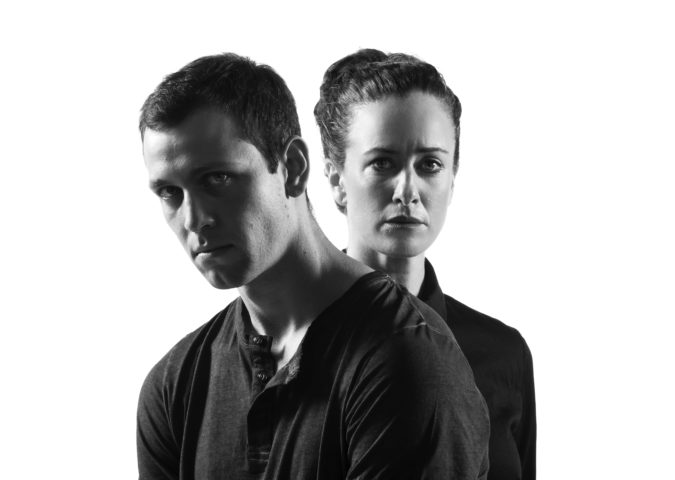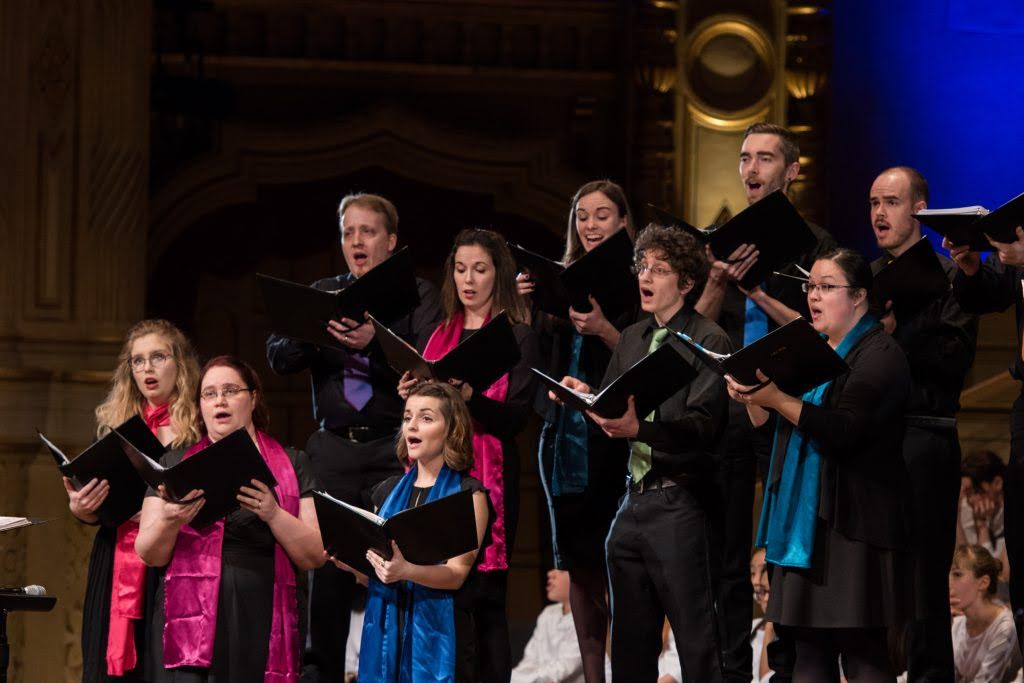Seeing the humanity in The Events—A curatorial statement by Richard Wolfe
January 18, 2018

When Anders Breivik murdered 68 young people and severely injured 56 others on the island of Utøya, Norway in 2011, he committed a strategic act of hatred intended to separate people. Ironically his actions brought a global community closer together.
Why do people commit extreme acts of violence? How do those impacted deal with the aftermath of that violence? What is the nature of forgiveness? These are questions I’ve always found compelling and the kinds of questions neither the PuSh Festival nor Pi Theatre are afraid to take on. In the case of David Greig’s original take on the phenomenon of gun violence; the questions are personified in the character of Claire, a priest and choirmaster who confronts her own “faith-shattering act of violence,” as New York Times reviewer Ben Brantley puts it.
Since the Norwegian events that inspired The Events took place, there have been 18 mass shootings in the United States including Sandy Hook and most recently, Las Vegas. There have been five mass killings in Canada including the shooting at the Centre Culturel Islamique de Québec in 2017 where six people were murdered while they prayed.
Against this backdrop of hatred and violence, love and compassion are played out daily. Unfortunately, acts of selflessness go largely unreported. The old reporters’ adage “if it bleeds, it leads” is still true today. It’s sad because if more attention was paid to our empathic nature, perhaps the resulting echo could act as a ballast to keep us psychologically and emotionally afloat. But today, as horrific “information” is thrust upon us to the point of psychological saturation, it’s not surprising that a large number of people across the planet live with a kind of collective trauma. The pain of bearing witness to daily horrors weighs heavily on our spiritual and emotional health as we move through day-to-day life, even if those horrors have been sterilized for many in their transition from physical reality to digital facsimile. So where can we go to reaffirm our collective humanity?
“Both chilling and immensely warm-hearted.” –The Sunday Times
In Greek drama, the chorus was both spectator and performer. In The Events, Claire’s choir serves the same purpose. There is a different community choir drawn from around Metro Vancouver on stage at every show. They represent not only the choir of the story, but community itself. They watch and they sing, and as the director Ramin Gray puts it, “they are Claire’s conscience too.”

British Columbia has more choirs per capita than any place in Canada. These choirs bring people together to revel in music and to rejoice in life. When David Greig was in Norway doing research for this play, he was close to quitting the project because he couldn’t find redemption in the pure evil of the event he was interrogating. One day his Norwegian dramaturg invited him to her house for dinner. On the way she told Greig she had to pick up her mother from choir practice and asked Greig if he wanted to come in to the rehearsal hall. As Greig sat on a white plastic chair listening to the choir sing, he found the inspiration that finally led him to write The Events. As he recalled, “I felt human again.”
Greig doesn’t believe there are definitive answers to the questions his play poses, but I believe seeing the humanity in others is a beginning in the search for the true shape of forgiveness.
Richard Wolfe
Artistic Director
Pi Theatre
In total, more than 220 community members from 12 different choirs will participate over the show’s run, making each performance a unique experience. Get tickets.